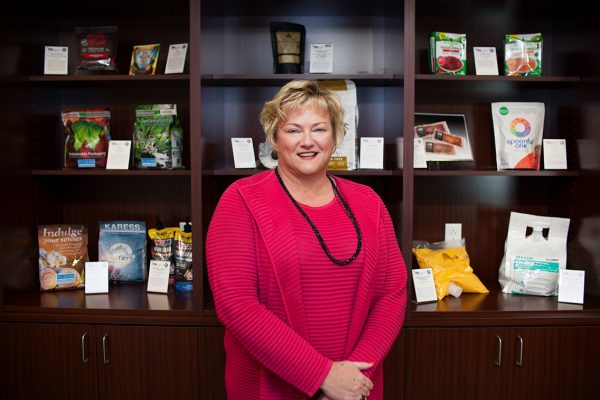The Ellen MacArthur Foundation recently released the report Flexible Packaging: The Urgent Actions Needed to Deliver Circular Economy Solutions, which focuses on consumer recycling. Much of the report’s strategies follow the Flexible Packaging Association’s (FPA) advocacy work on behalf of the industry.
While it calls for the elimination of unnecessary flexible packaging, the report acknowledges that this is likely less than 5%–10% of the flexible packaging used. According to the report, flexible packaging is necessary due to its low weight, low costs, and high functionality. “It is currently not possible to completely move away from single-use flexible packaging without negative unintended consequences,” the report states.
Even if substitution for another material—such as paper-based flexibles or compostables—is contemplated, the report states that collection, sorting, and recycling/composting systems need to be scaled up, just like they will have to be for plastic and multi-material flexibles.
FPA agrees that the current U.S. recycling system is insufficient for today’s packaging waste, including—but not limited to—flexible packaging. And, while R&D is ongoing to fit flexibles into the current systems, the real work is to modernize U.S. recycling systems to collect, sort, and recycle/compost all packaging types.
FPA also agrees that well-crafted extended producer responsibility, or EPR, could fund the necessary investment in this infrastructure in the U.S. These efforts should include upgrading mechanical recycling infrastructure, building new advanced recycling infrastructure, and increasing access to composting infrastructure that takes proteins and compostable packaging, as well. Good policy provisions to do this were unsuccessful in Maryland, Vermont, and Connecticut this year. As of this writing, bad policy provisions were pending in New York, Rhode Island, and California. Work to strengthen some policy was ongoing in Colorado. Advanced recycling bills that support the technology, but also enable permitting and sighting of these facilities as manufacturing operations instead of solid-waste management facilities, are ongoing in several states.
The bottom line, as the report states, is that flexibles are most relevant for applications that require high-barrier properties, including food and medical-grade packaging. And we know that, from an environmental benefit, they use less virgin material; have reduced water, energy, and transportation impacts, including greenhouse gas emissions; and send less packaging material to landfills. Investment in the collection, sortation, and recycling infrastructure is what is needed to deliver full circularity to flexible packaging.

Alison Keane, Esq., IOM, CAE President and CEO
Flexible Packaging Association
